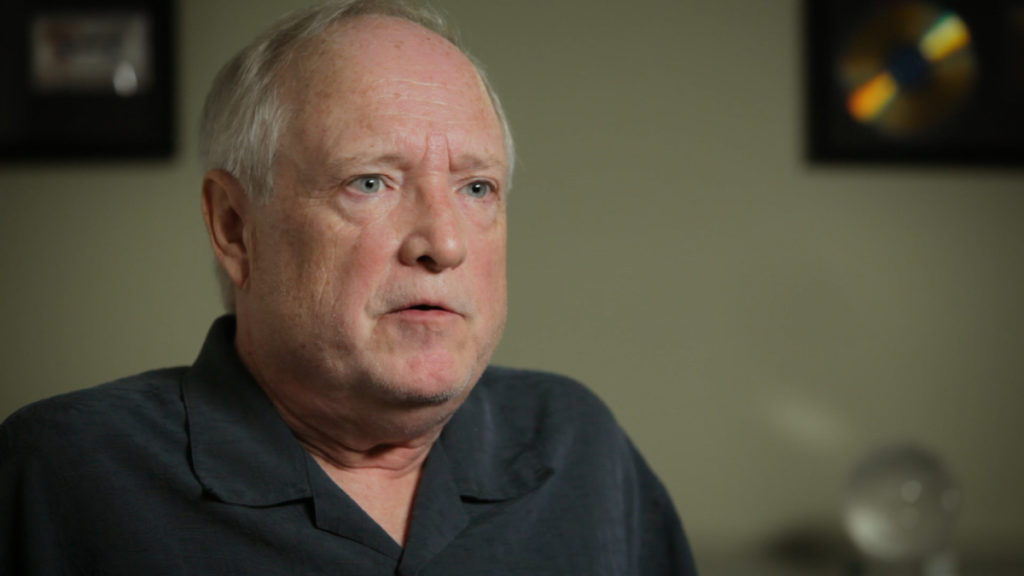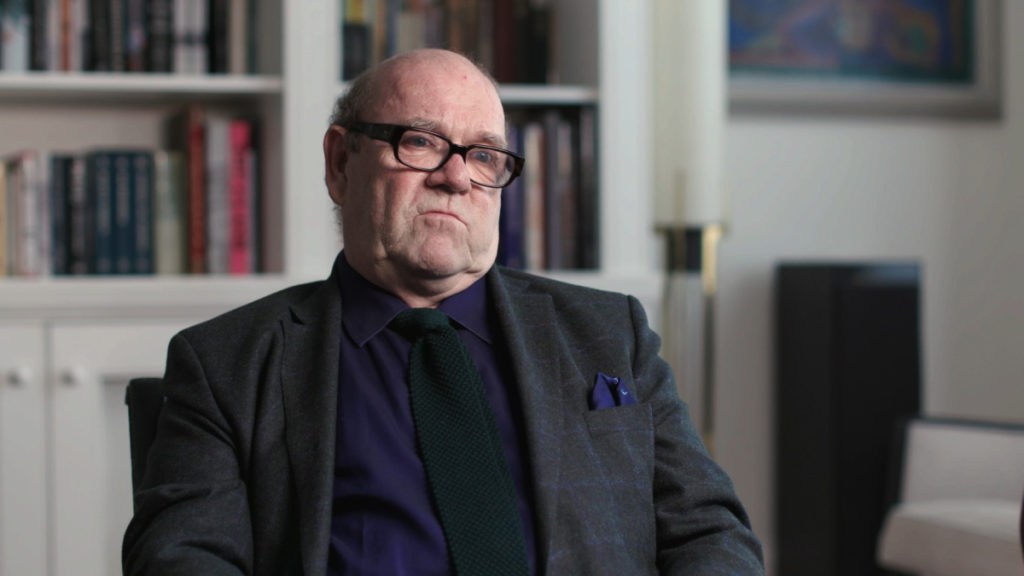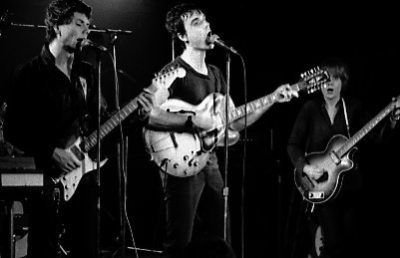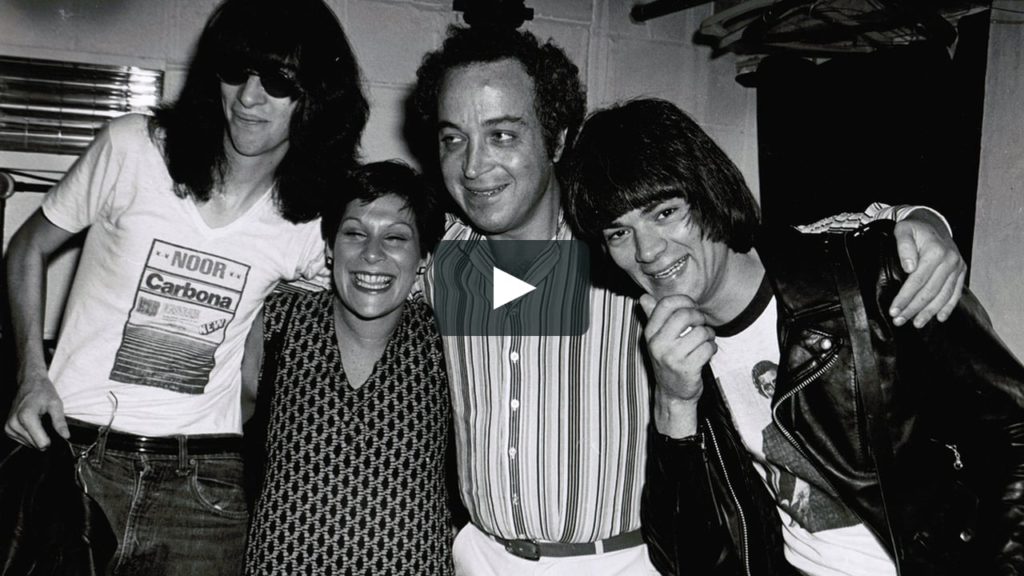
If you mention WLIR, the name Denis McNamara is never far away. Having taken his first air shift at the station back in 1972, McNamara was the program director who straddled the station’s progressive rock period and convinced late station owner Elton Spitzer to change 92.7’s format to something that became known as Dare to Be Different, which was launched on Aug. 2, 1982. With the focus now being on a combination of second-wave British new music artists (Depeche Mode, The Cure, New Order) and artists from the CBGBs’ scene (The Ramones, Blondie, Talking Heads) and up-and-coming bands solely being embraced by college radio (The Replacements, R.E.M.), WLIR made a big splash in the New York media market despite having a puny 3,000-watt radio signal.
It’s a story captured in the 95-minute documentary Dare To Be Different—WLIR: The Voice of a Generation, which is currently airing on Showtime. Directed by Plainview native Ellen Goldfarb and written by her brother Jay Reiss, the film includes heavy contributions by McNamara (who was also an executive producer on this project). A die-hard music and radio aficionado dating back to his time growing up as the child of Irish immigrants in Harlem and the Riverdale section of The Bronx, McNamara’s conversations can go from him weighing in on Thomas Edison once having an early record label that he shut down once radio started becoming a major movement, to seeing Led Zeppelin open for Iron Butterfly at the Fillmore East. So imagine the wealth of WLIR anecdotes he has from both the pre- and post-Dare to Be Different Days. Here are three that particularly resonate with him.
U2 Giving WLIR A Shout-Out From The Nassau Coliseum Stage

“I was on the air the night that Bono made that announcement at Nassau Coliseum. I was interviewing Bob Guccione, Jr. who had just started a magazine called Spin, which he said was based on us and WBCN in Boston. He said if the magazine could be a radio station, it would be WLIR and WBCN, which I thought was quite the compliment. So I didn’t go to the show. But I was still on the air when people were trickling out and calling the station saying, ‘Bono just talked about you guys on stage.’ I remember thinking at the time that people didn’t know that I had a fight with their manager, Paul McGuinness. He was annoyed with us that we had leaked ‘Pride (In the Name of Love).’ I left instructions not to take it off the air and my son was born. I would have taken it off the air if they were so desperate, but they couldn’t reach me. So McGuinness was mad at me and when you see the movie, it’s been forgiven. But Bono sent one of the DJs back to me when I was on the air to say they loved me. I wrote McGuinness a letter saying how pissed off I was, because I would do that with certain artists. He called me the following week and said, ‘I want you to know, I’m still a little mad. But we had our band meeting and of course I’m the tie-breaker and you should know that our lead singer said, ‘We do not have a problem with Denis.’”
Talking Heads Appearing At A WLIR-Sponsored Movie Screening In Syosset

(Photo by Jean-Luc)
“At the movie opening for Stop Making Sense in Syosset, we were literally locked in the box office because there’s no dressing room—it’s a movie theater. I’m in the box office, locked in there with Talking Heads and we are having them show up at the end of the movie. And everyone knew they were in the building and it was like I was with The Beatles. People were screaming, knocking and banging on the box office.”
Working With And Befriending Seymour Stein

“Befriending Seymour Stein and having the kind of support that somebody of his magnitude in the business had was huge, because Seymour is one of the originals. He’s like an Ahmet Ertegun. To befriend him and also realize that he and I were on the same wavelength at that point and time helped us immensely. I think that’s a big part of the reason Depeche Mode had the relationship they had with the radio station along with so many of his artists—Yaz, Erasure, Talking Heads, B-52s—he’s the man who signed The Ramones. I’m glad you asked the question because I really want to acknowledge him more because Seymour has been tremendous and a friend. And also, a real good music guy to talk music with and hang out with and do stuff.”
See Dare To Be Different—WLIR: The Voice of a Generation on Showtime.
Read LIW’s feature on the documentary:
Dare To Be Different Documentary Hails WLIR’s Radio Revolution


















